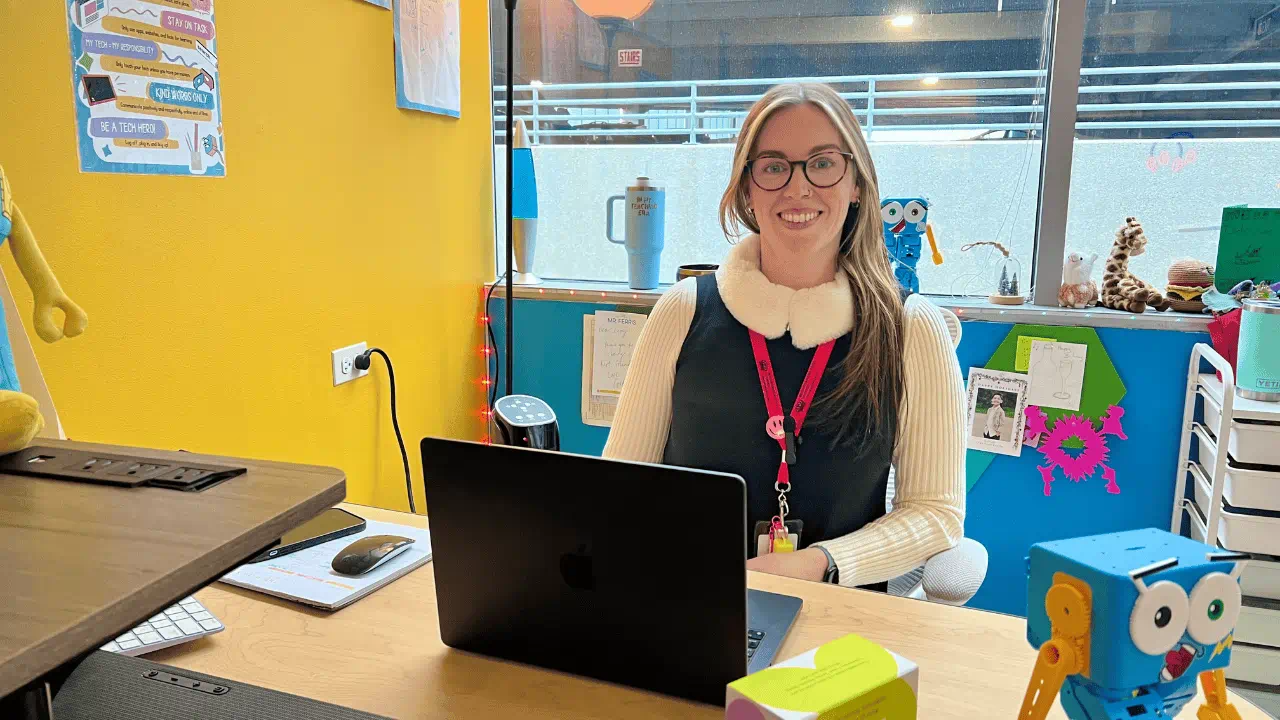Throughout the year you will have seen your children gain a varied number of skills both within their personal, social and emotional growth as well as their academics. As we near the long summer break one question we often get asked as teachersis, ‘How can I continue to support my child over the holidays?’.
Firstly, let’s not forget that the children need this break for a reason.It’s time to rest, reset and prepare for another busy year, so it is important that they are doing that. However, here are some practical ideas that you could embed into many of your everyday activities to help support the continuation of skills they have developed over the year. The key word really is practical as we want the children to be actively involved in embedding and consolidating skills they have learned throughout the year and naturally putting them into practice.
Simple yet practical.
- First and foremost, remember to model what you want to see. Children will do what they see adults around them doing. You are the most important role model in your child’s life. So why not pick up a book to read, write a note, go out for a walk, play board games or card games together, and never underestimate the joy of having a conversation.
- Continue building independence. If your child is attending summer camps, get them to organize their equipment or items they need for the day. Encourage them to dress themselves, particularly giving them a chance to work on those tricky buttons and zippers.
- Involve your child in mealtime decisions or plan a picnic together. This could be a perfect opportunity for them to write a grocery list, measure and weigh out ingredients, share food equally, read a recipe or even research the perfect picnic spot. Just think of all the practical tools they could use in the kitchen too, which in turn supports the development of their motor skills.
- If you are travelling, pass the time away with some word or number games and timeless classics such as ‘I Spy’. Use the initial sound of the word rather than the letter name to promote the application of phonic knowledge e.g. “I spy with my little eye, something beginning with the sound sssssss”.
- Share stories and rhymes regularly and repetitively. This will enhance vocabulary development. Perhaps you could build up a collection of photos from your summer adventures and tell a story through these too.
- Use the environmental print all around you. For children that are not yet reading, attaching meaning to the sign is an important precursor to this. For those that are reading, encourage them to apply their phonics to read the signs and labels they see.
- Need some downtime and indoor play? Grab those construction boxes such as LEGO or Duplo. There are so many skills involved in building Lego models. For example, your child will be following a set of instructions to complete an end goal, using their imagination to create their own scene and applying their fine motor muscles to press the pieces together.
- Puzzles are fantastic for the development of spatial reasoning, a key skill in Math. They also promote important characteristics essential for learning such as problem solving, visual discrimination and resilience.
- Get making! Craft projects support creative problem solving as well as improvements in dexterity. You could use natural resources collected whilst in the park or on a walk. It can be useful to have a mix of adult-led and child-initiated art projects. It is great for children to practice listening to a set of instructions to achieve a planned outcome, but equally children can be given a variety of art materials to experiment with to let their creativity and imagination shine!
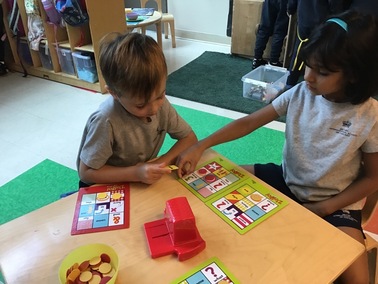
As you can see, these suggestions are ideas that involve little or no preparation and can be incorporated easily into your daily routine andsummer family activities. We hope that these simple recommendations can help to support your children’s learning while they rest andrecover. These activities are also planned to allow your child to practice their skills while enjoying quality family time together and most importantly... have fun!
We wish all of our BISCLP families a restful and safe summervacation and look forward to welcoming you and your children back in August!
Jennifer Partington, Steph Davis, Libby Hopwood, & Anne McVey
Reception Team


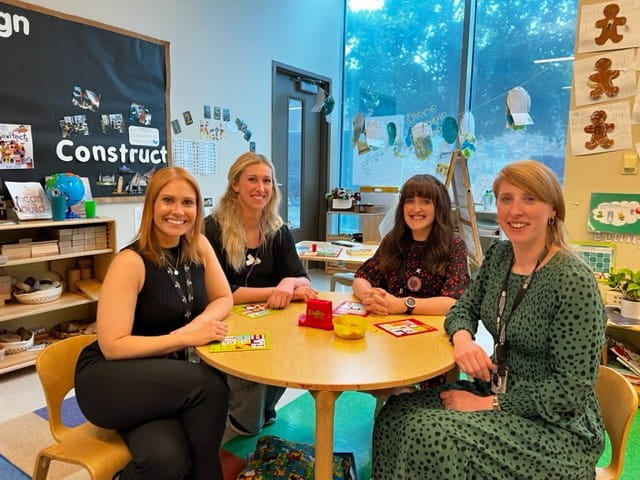
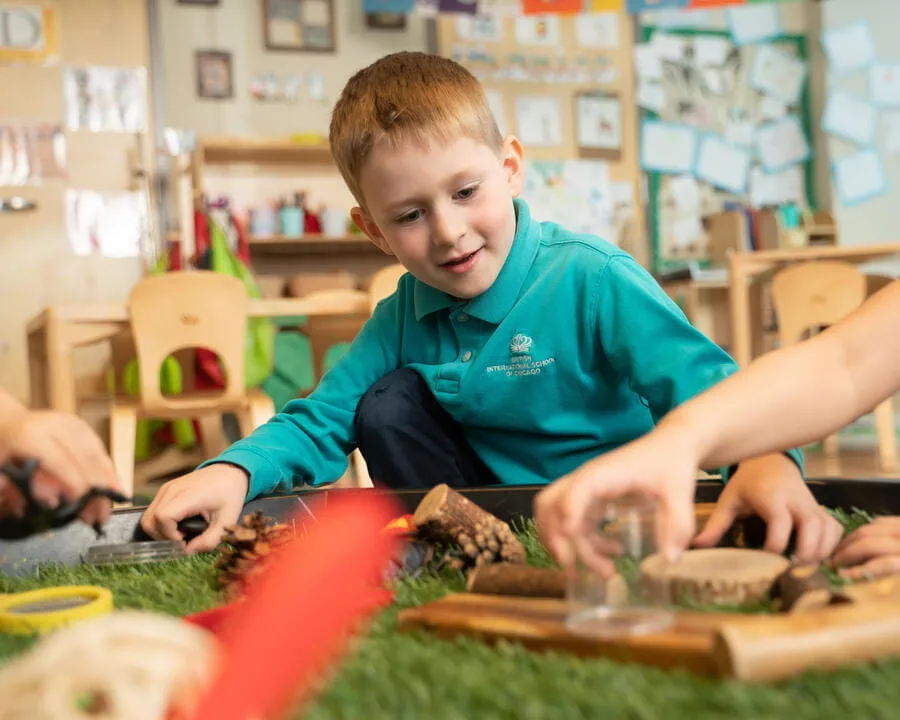

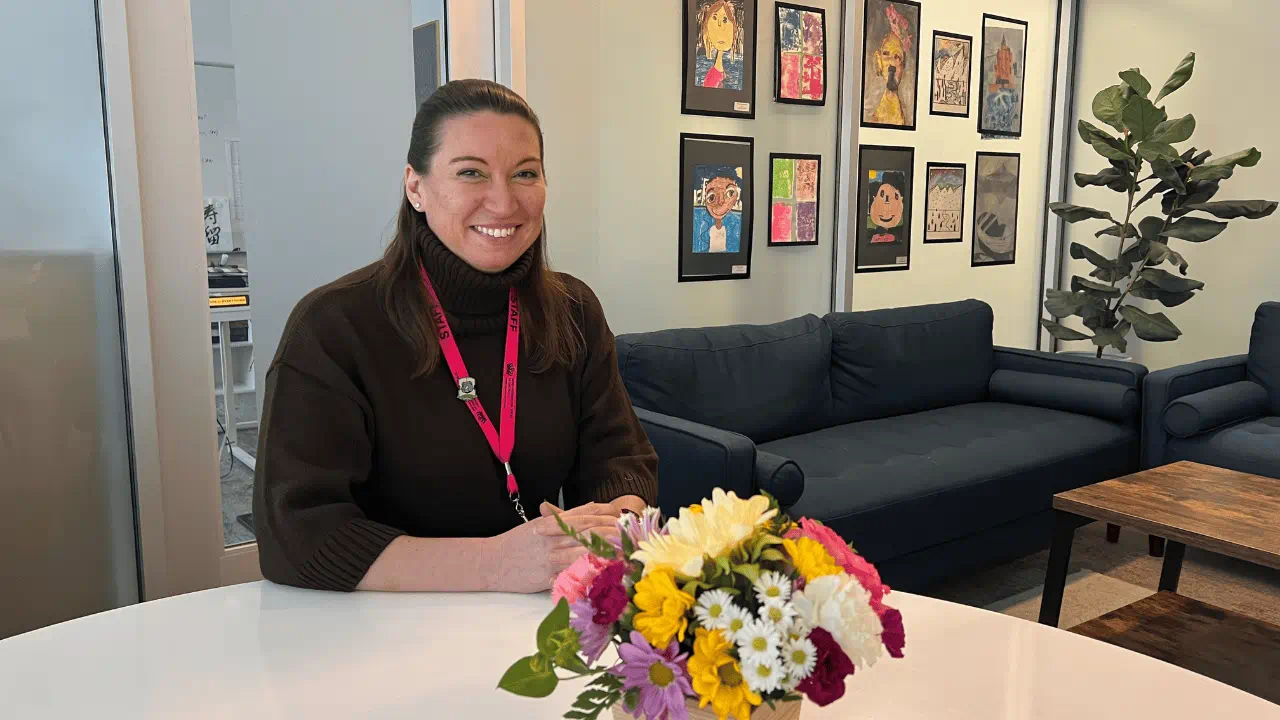
.png?h=720&iar=0&w=1280&rev=090f6aaff5c74988877e2316da2721d6&hash=9F6607FE7CEF7D53B17FB2A670C742F3)
